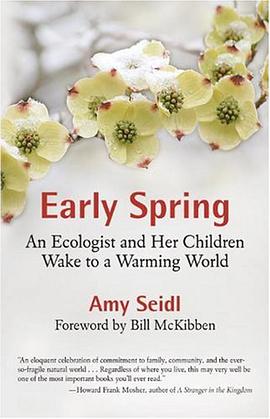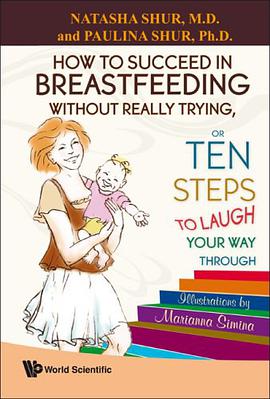

The human heart is the most sensitive instrument, and that is why Amy Seidl's marvelous book is so important, a new kind of contribution to the rapidly growing library on global warming.—Bill McKibben, from the foreword
Robert Frost wrote about nature and rural life in New England, and Norman Rockwell painted classic scenes of farmhouses and American traditional life, images reproduced as symbolizing an idealized history born of New England sights. But New England, a region whose culture is rooted in its four distinct seasons, is changing along with its climate.
In Early Spring , ecologist and mother Amy Seidl examines climate change at a personal level through her own family's walks in the woods, work in their garden, and observations of local wildlife in the quintessential America of small-town New England, deep in the Green Mountains of Vermont.
Seidl's testimony, grounded in the science of ecology and evolutionary biology but written with beauty and emotion, helps us realize that a natural upheaval from climate change has already begun: spring flowers blossom before pollinators arrive, ponds no longer freeze, and animals begin migrations at unexpected times. Increasingly, the media report on melting ice caps and drowning polar bears, but Seidl brings the message of global warming much closer to home by considering how climate change has altered her local experience, and the traditions and lifestyles of her neighbors, from syrup producers to apple farmers. In Vermont, she finds residents using nineteenth-century practices to deal with perhaps the most destructive twenty-first-century phenomenon.
Seidl's poignant writing and scientific observations will cause readers to look at their local climate anew, and consider how they and their neighbors have adjusted to the reality of global warming.
具体描述
读后感
评分
评分
评分
评分
用户评价
相关图书
本站所有内容均为互联网搜索引擎提供的公开搜索信息,本站不存储任何数据与内容,任何内容与数据均与本站无关,如有需要请联系相关搜索引擎包括但不限于百度,google,bing,sogou 等
© 2025 book.wenda123.org All Rights Reserved. 图书目录大全 版权所有




















